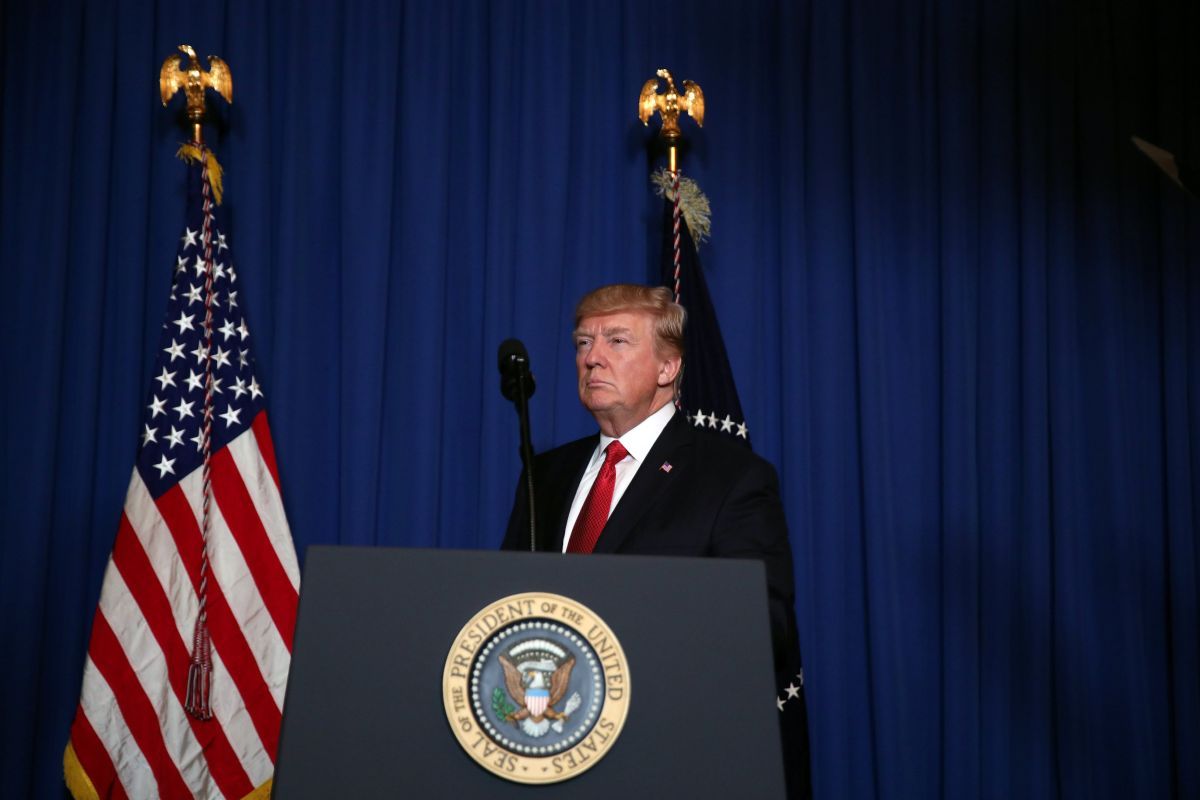
The “Russia ties” story threatened to overshadow all policy initiatives the Trump team was pushing for, and putting an end to the story was clearly one of the president’s major priorities, Trudolyubov wrote in an article titled "Did Trump attack Assad to end the Russian Collusion Story?" published by Newsweek.
It is highly unlikely that Putin would decide to back down from standing behind Syria’s embattled dictator Bashar al-Assad, despite the spiraling costs of such support. The Russian military will now take steps to strengthen Syrian air defenses to help “protect the most sensitive Syrian infrastructure facilities,” Major General Igor Konashenkov, spokesman for the Russian Defense Ministry, said on Friday.
Even a few days ago, the Kremlin was not anticipating direct U.S. involvement in the Syrian conflict. In fact, it is still unclear whether the U.S. strikes on Thursday represent a fundamental policy shift toward Syria. Many commentators see the attack as a one-off, an almost inevitable response to the Syrian regime’s use of banned chemical weapons against civilians.
“Such a one-off strike is unlikely to be militarily decisive, even if it has made a real dent in the Assad regime’s air power advantage,” Mark Galeotti, a senior researcher at the Institute of International Relations in Prague, wrote on his blog early on Friday.
Read alsoRussia, Iran say U.S. crossed "red lines" in SyriaThe U.S. has hardly been consistent in its Syria policy. Trump went from a refusal to pursue an ouster of Assad to a military strike against him in the space of just one week. “My attitude toward Syria and Assad has changed very much,” he said in an emotional statement on Wednesday.
It is highly unlikely that the reasons for Trump’s about-face on Syria were solely emotional. Too many factors precluded him from sticking to the original stay-out mantra.
The paradox of highly partisan politics is that although Trump himself was against military strikes in 2013, his inaction in 2017 would have cost him dearly.
If Trump followed his own tune on Syria, he would have been compared to Obama. A significant portion of his current political base would have aligned with many Democrats in accusing the president of betraying weakness in the face of a murderous tyrant.
Read alsoNew Russia sanctions weighed in U.S. Senate over Moscow’s support for AssadAnd not just a murderous tyrant but his cunning backer in Moscow. The Trump administration’s developing Russia problem would have made it practically impossible for the president to keep clear of Syria. Given the highly publicized and emotionally charged nature of the deadly gas attack, a failure to respond would have been immediately portrayed as a confirmation of Trump’s collusion with the Kremlin.
The administration’s Russia story threatened to overshadow all policy initiatives the Trump team was pushing for. Putting an end to the story was clearly one of the major priorities of the U.S. administration.
If public support is seen as crucial, leaders of a certain type would do anything to prop it up. Both Trump and Putin seem to be that type of leader. For years, Putin has used foreign policy to bolster his domestic ratings. These days, both countries’ foreign policies risk being driven by domestic concerns.
Both America and Russia are ruled by self-proclaimed pragmatists, but both of these supposed pragmatists have proved to be extremely thin-skinned and sensitive to being portrayed as weak. This is an ancient path toward conflict.

